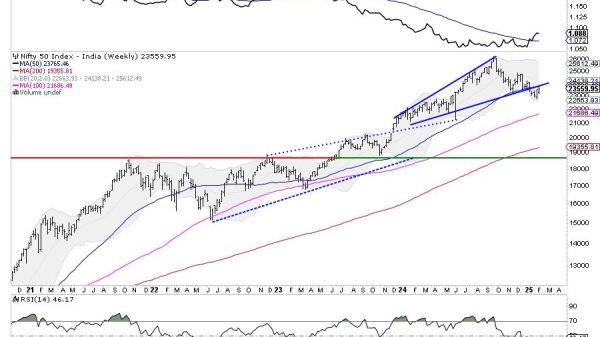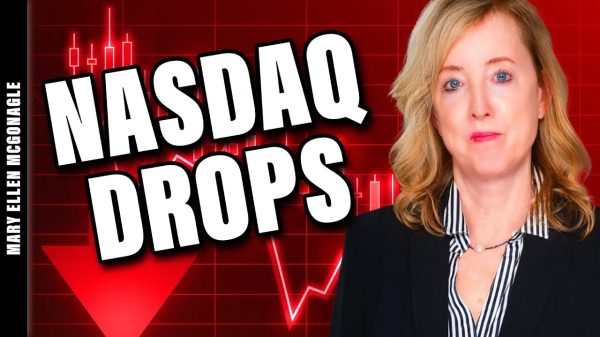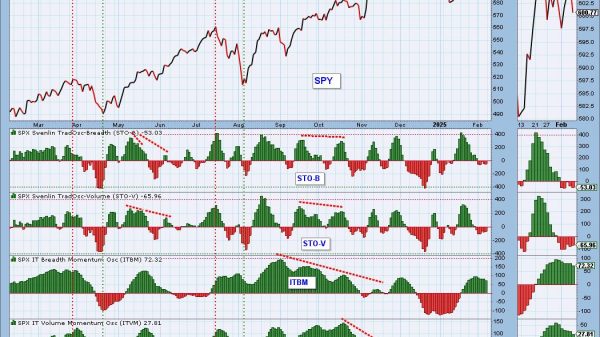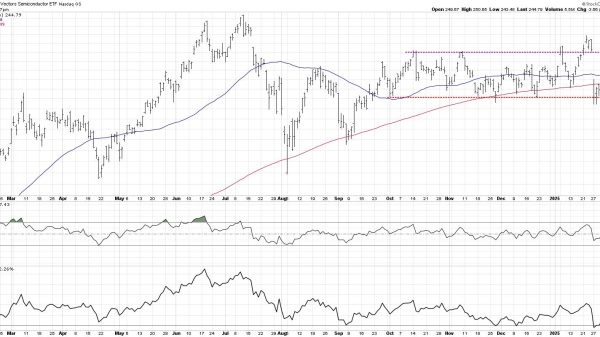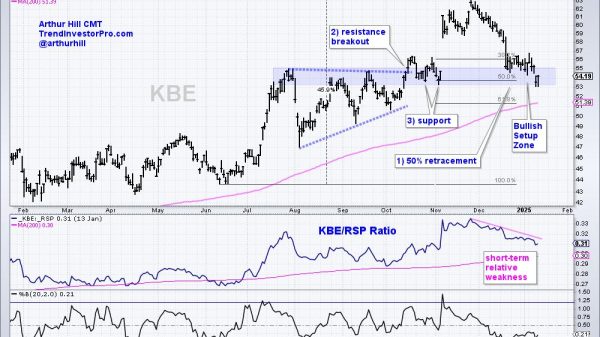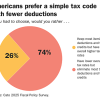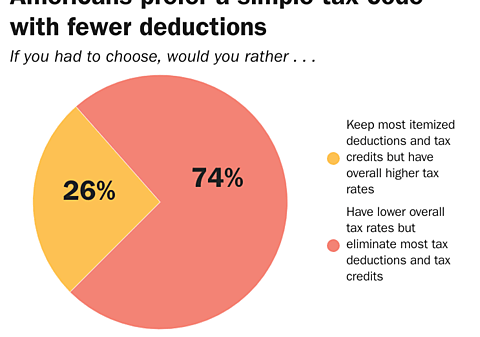
The average debt burden of small businesses seeking loans is now more than twice pre-pandemic levels, leaving many firms unable to access the finance they need to grow or even survive, according to new data from Funding Xchange.
The marketplace lender’s latest quarterly lending monitor, based on thousands of loan applications, found that the debt-to-turnover ratio for small businesses has “settled” at elevated levels — a legacy of the Covid-19 pandemic and the extensive government-backed borrowing that followed.
Funding Xchange warned that this rising indebtedness is blocking access to finance, with many small businesses now deemed too risky or financially weak to secure additional funding.
“We are seeing more businesses applying for loans not to fuel growth, but simply to survive,” said Katrin Herrling, CEO of Funding Xchange.
Pandemic loans still weighing down UK firms
During Covid, the UK government implemented some of the most generous emergency loan schemes in Europe. As a result, one in three British firms took on debt — compared to just one in ten in France and Germany. The uptake was especially high among micro and small businesses, many of which are now struggling under the weight of that borrowing.
The report reveals that cash reserves have been depleted, with median balances now below pre-pandemic levels, leaving many businesses without a financial cushion.
While finance availability has improved in technical terms, actual access remains “stubbornly below” pre-2020 levels, especially for short-term working capital. The report blames this on a sharp shift in borrower profiles — with a growing number of businesses either unprepared to borrow or unable to afford new loans.
The research also shows that startup funding requests have increased, but most lenders still require at least two years of trading history, pushing up rejection rates for newer businesses.
Meanwhile, higher interest rates in the UK compared to the eurozone mean British SMEs now face steeper borrowing costs than their European counterparts.
“UK SMEs are not only more indebted — they also face higher costs to service that debt,” the report notes.
This environment is leading to a dangerous long-term shift, where firms permanently turn their backs on external finance, potentially stifling innovation, productivity, and business investment.
Despite widespread belief that banks aren’t lending, Funding Xchange argues that the main issue isn’t lack of supply, but that many businesses are not financially ready or eligible to borrow. The report stresses the need for greater transparency in lending decisions to help businesses understand why they’ve been turned down — and what they can do to improve their chances.
A separate study by Allica Bank last month highlighted a related issue: a “dysfunctional” lending market increasingly focused on low-risk, property-backed loans, such as residential mortgages, rather than supporting business growth.
It estimated that UK SME lending is £90 billion below historic trends, citing a sharp retreat from unsecured and growth-oriented lending since the early 2000s.
“Based on our experience, the impact of a negative lending experience can be long-lasting,” Herrling added. “Businesses begin to believe they’re not good enough, and they stop applying altogether.”
As the UK seeks to stimulate growth and productivity, the findings underscore the urgent need for a more inclusive, transparent and risk-calibrated lending environment that doesn’t punish small businesses for pandemic-era survival decisions.
Read more:
Small business debt load doubles since pandemic, hampering access to finance






